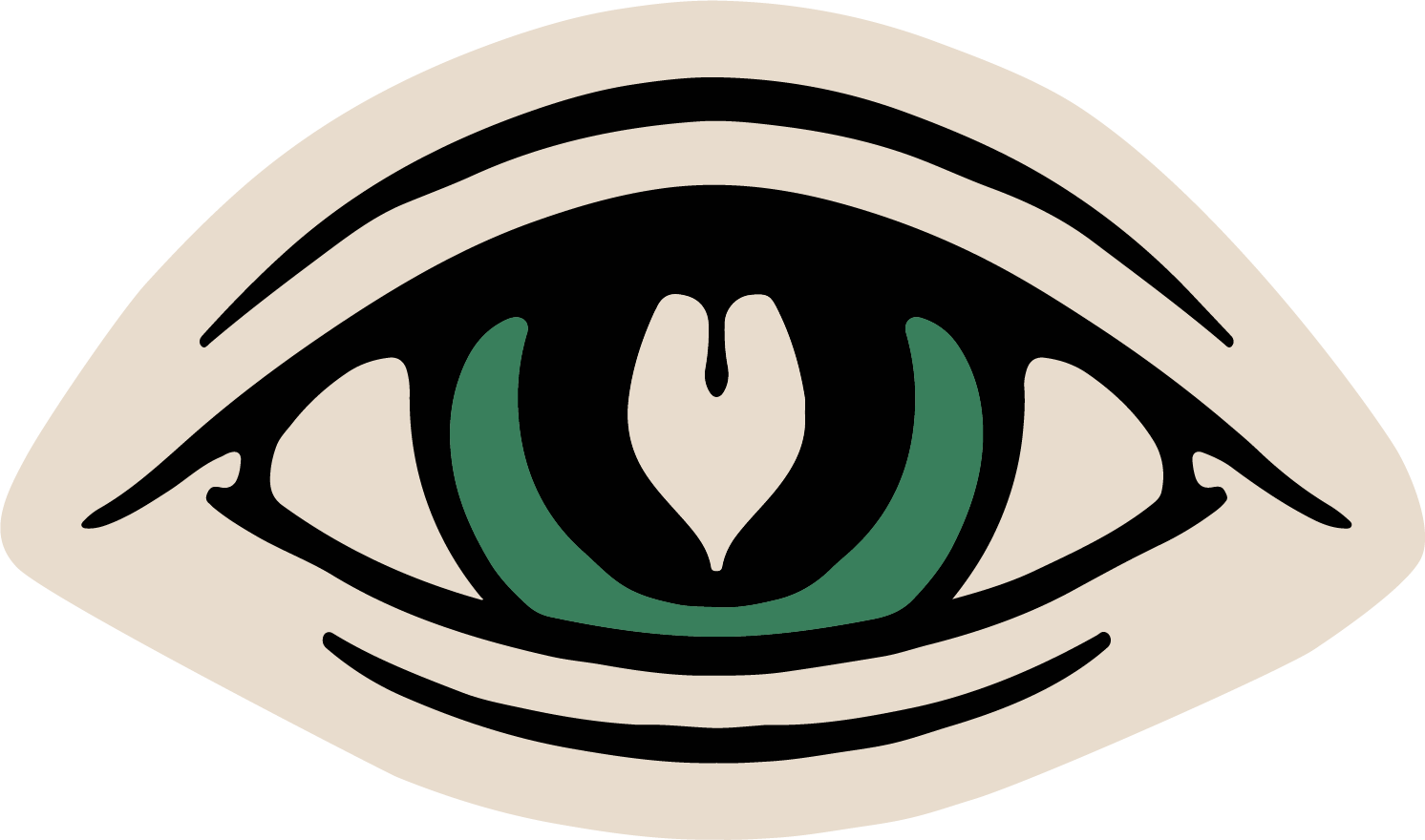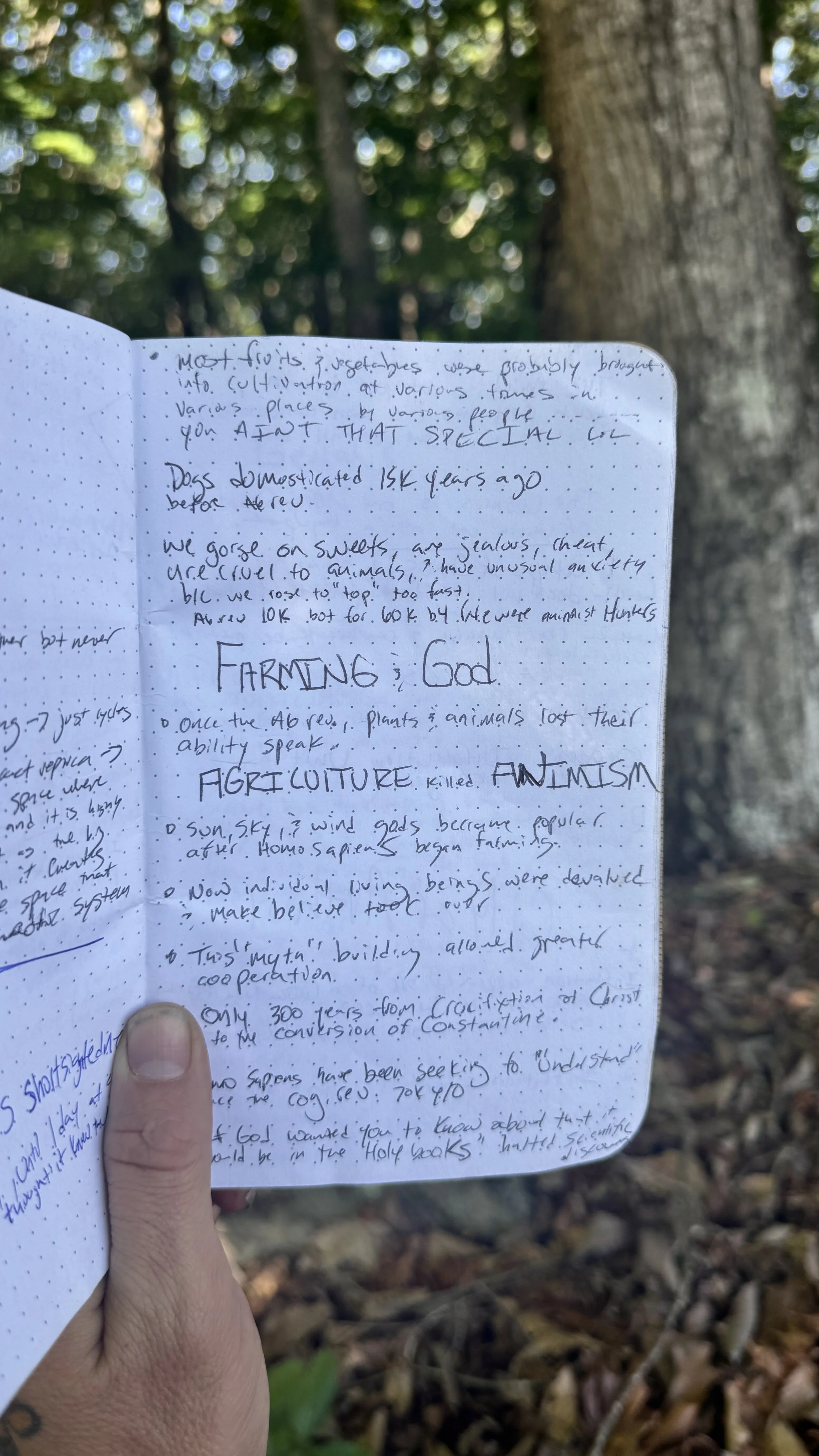Brain Highlights: Random Facts week 3
Týnská Literary Café in Prague is a real place. Tucked behind the Church of Our Lady before Týn, it proves that some quiet corners of the world still belong to books, coffee, and thought.
Agriculture wasn’t born in one cradle. Instead of a single “Fertile Crescent,” humans domesticated plants and animals in 15–20 different centers worldwide — from wheat in Southwest Asia to rice in China, maize in Mesoamerica, and potatoes in the Andes. Civilization sprouted many gardens.
Farming wasn’t inevitable. Many foragers knew the advantages, lived in fertile areas, and saw neighbors plant cereals — yet still chose not to. Agriculture was a decision, not a destiny.
Cities weren’t only born from wheat. Poverty Point in Louisiana shows that monumental architecture and organized society could emerge even without the full-scale farming systems of Mesopotamia or the Nile.
Hunter-gatherers weren’t elves. They weren’t living in some egalitarian Rivendell, nor were they simply brutish “savages.” They were complicated. The megafauna extinctions in Tasmania and Australia remind us: some of our ancestors were, frankly, real assholes.
There is no one way. As The Dawn of Everything reminds us, humans have always been messy, nuanced, and mixed. Farming, foraging, herding — these weren’t rigid boxes but fluid choices. Broad strokes blur reality; the truth is always a mixture.
Historians aren’t one thing, either. Just like Neolithic humans, the people who study them aren’t a single archetype. Some oversimplified, some were limited by their times, some were biased — and some were ahead of the curve.
Nvidia’s investment of up to $100 billion in OpenAI signals massive confidence in artificial intelligence. If AI misbehaves and costs people money, companies won’t hesitate — they’ll double down, spend more, rebuild. In capitalism, survival depends on fixing the framework.
Capitalism and AI are mutually entangled. Anything catastrophic enough to topple capitalism would take AI down with it. That’s why the relationship is mutually beneficial: AI needs the system, and the system needs AI. Neither survives without the other.
I’m not new to atypical thinking. I’ve tested other systems and seen their flaws. Some old frameworks endure because they work better than what we’ve built since. Maybe that sounds defeatist — I call it practical. Real change happens within the system, in the short lifetime we get.
Absolutism is boring. Nothing in life feels absolute — it’s nuance all the way down. Which makes “one-size-fits-all” ethics not just unconvincing, but flat-out dull.
History is a circle drawn after the arrow. Humans act first, explain later. We shoot, then draw the target and call it “facts.” Roman history was PR. Religious texts were written centuries later. Much of what we call history is “he said, she said” with a halo.
Philosophy doesn’t have to be a trolley car. Modern classrooms often lean on extreme hypotheticals — runaway trains, ticking bombs. But maybe what we need most is practical wisdom: when to wash your hands, when to pause, when to remember you’re part of the universe.
Integrity lives in the small stuff. If morality is framed only in crises, we miss the truth: integrity is tested in everyday choices. The subtleties, the small decisions, shape our lives.
Through the IIT lens, even AI investment looks different. If information itself were conscious, maybe it wouldn’t dump power into the hands we fear most. Maybe it flows to frequencies better suited to hold it. Could always be worse.
Murder gave way to markets. For centuries, nation-states proved their strength with conquest and killing. After two world wars, something shifted — capitalism took the stage. Imperfect as it is, markets replaced mass slaughter as the main contest of nations.
When gods wore fur. In Hindu lore, Hanuman and the Vanara caste were animal beings who could take human form but always returned to their animal selves. These myths remind us that older cultures were often better at decentering humanity than we are today.
Cooking, fasting, and ego. Hanuman once cooked for Ram and Lakshman — a reminder that food and spirit are bound. And in fasting, beware the ego whispering “more is better.” The point isn’t to outdo others. It’s to lighten, stay conscious, and nourish enough to keep walking the path.
Don’t judge the packaging. Ancient epics wrapped wisdom in battles and blood because that’s what reached their audience. Today, messages hide in consumerism or sexuality to grab attention. Sneaking philosophy into the forms people consume is how ideas survive.
The Shiv Purana says: “The wise do not say things to cause rage in the hearts of others.” Titles aside, wisdom isn’t about winning arguments — it’s about choosing words that don’t inflame, but illuminate.
Cement boots don’t last. It may feel like change is impossible in any given era, but history shows otherwise. Enough evidence, and humanity shifts its worldview. We outgrew flat earth. We outgrew the geocentric cosmos. We’ll outgrow today’s certainties too.
Dan Brown’s latest work throws big questions early. “Your consciousness is not created by your brain… it’s not even inside your head.” One unified consciousness, not chopped into boxes. Even pop thrillers play with the biggest questions.
The mind builds with different blocks depending on the project. For fantasies or theories, the blocks are light and flexible. But when an idea becomes real, the blocks harden. Thought shifts when reality enters the frame.
No one’s the standard. Aristotle’s virtue ethics assumes someone defines the model of the good life. But everyone is motivated by something, and no one is inherently better or worse. The drunk at the bar and the guy smoking crack are chasing the same thing. Choices have consequences, but dividing people into “good” and “bad” is lazy philosophy.
Division is the oldest trick. From politics to philosophy, the easiest move is splitting people into camps — good and bad, us and them. But most of life lives in the blur between. The danger isn’t difference; it’s forgetting the mixture.
Virtue is flexible, but people aren’t. Aristotle’s ethics may be adaptable in theory, but in practice most people turn it into hierarchy — casting themselves as “better” and others as “less than.”
Power loves a moral hierarchy. European thinkers in power seized on virtue ethics to justify control. If morality is a ladder, those who call themselves “exemplars” get to decide what’s good and bad for everyone else.
The urge is the meditation. Sometimes the hardest part is staying seated when every nerve wants to get up. That urge isn’t failure — it’s the practice itself. Push through, finish on your terms, and the reward is built into persistence.
Don’t let a thought outweigh a cosmos. The entire web of galaxies spins on as it should. Why let one bad thought ruin a day? Perspective itself is peace.
On September 26th, Lahiri Mahasaya attained Mahasamadhi, consciously leaving his body among his devotees. He taught that even householders could reach the highest state of yoga, and that Kriya should be shared with all. Without him, many of us would have no path at all.
Kriya is everything. Across the commentaries of Lahiri Mahasaya, one message repeats: without Kriya, everything is ruined. With Kriya, victory over the senses and dharma itself. A simple truth from a great guru.
Why escape what was given? As Satyakaam Ramkrishan asks: why would the universe give us consciousness and creation only for our highest goal to be escape? If it was given, maybe the point is to live it fully, then transcend it — making the transfer to pure Information easier.
Smarter means softer. The wiser you grow, the more you see both the faults and the beauty in everyone. And the less you need to blame.
Better than an energy drink. After two weeks of testing, I can say nothing wakes you up like your own body. A sprint, a few push-ups, pull-ups — anything to spike the heart rate. Push just a little past comfort, and it beats any can of caffeine.
Coincidence as disguise. Einstein once said: “Coincidence is God’s way of staying anonymous.” What feels random may just be the universe keeping its fingerprints hidden.
Death announced itself. Tupac, Biggie, even Abraham Lincoln — all spoke of their deaths before they came. As if the end leaks through in glimpses, and the soul knows what’s on its way.
How Dan Brown hacks curiosity. His genius isn’t the puzzles — it’s smuggling radical science into pop culture through brilliant, magnetic characters. You come for the thriller, you leave Googling consciousness studies, quantum physics, or hidden gospels.
Battery balance. Phones and EVs now warn: keep charge between 20% and 80% for long life. Extremes kill; the middle sustains. Eisenhower said it too: both ditches are undrivable. The road forward is the middle lane.

